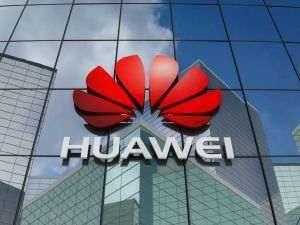The company generated revenue of 320.4 billion yuan ($49.56 billion). The most significant decline was in the consumer division, which includes mobile devices, where revenue fell 47 percent to 135.7 billion yuan.
Following the improvement in efficiency, the net profit margin rose by 0.6 percentage points, to 9.8%.
In 2019, Huawei became a victim of trade tensions between the US and China, after the White House declared the Chinese telecommunications equipment manufacturer a national security threat and subsequently imposed more trade sanctions on it. These sanctions hurt its growth and forced Huawei to sell its low-cost Honor phone brand.
Following the sanctions, in the second quarter of 2021, Huawei dropped out of the top five smartphone manufacturers in China for the first time in more than seven years, shipping 6.4 million units, according to data from the consultancy Canalys. In the Chinese market, Huawei delivered 27.4 million units in the second quarter of 2020, excluding deliveries of the low-cost phone brand Honor. Huawei sold the brand in November.

The consumer division accounted for more than half of the company's revenue in 2019.
Also, in the first half of 2021, the revenues of Huawei's telecommunications equipment division fell by 14%.
In June, Huawei launched its new Harmony operating system, its most significant move yet, aimed at repairing the damage caused by US sanctions on its mobile phone business. Using its own operating system will make Huawei no longer dependent on Google's Android platform.
HarmonyOS, or Hongmeng in Chinese, is an open-source operating system for various devices. It was first launched on Internet-of-Things devices, which include wearables and tablets, in August 2019.
Huawei expects that by the end of the year the number of devices equipped with HarmonyOS will reach 300 million.
The new HarmonyOS is meant to mitigate the impact of sanctions, with Huawei being forced to develop its own chips after sanctions imposed by the Washington authorities blocked its access to American technologies and a number of important suppliers, such as Taiwan Semiconductor Manufacturing Co. However, Huawei's founder, billionaire Ren Zhengfei, has vowed not to give up the smartphone business, denying rumors of a possible sale.
Once the world's largest smartphone maker, Huawei is now in sixth place globally, with a market share of 4% in the first quarter of 2021.
